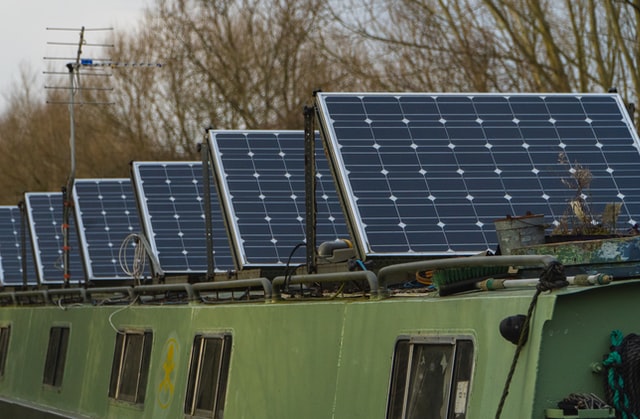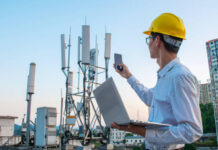Solar technology has become a major player in homes and businesses alike, with the surging popularity of solar panels. In recent years, solar energy has grown by leaps and bounds in the United States at a rate of 29% annually. However, with this comes an increased number of problems—that can be avoided. Zushi hanada solar technology is here to help you understand the mistakes that people often make and how you can avoid them.
This is a major milestone for solar energy as it has steadily progressed from a simple system to generate electricity to finally outselling traditional fossil fuels. In its current state, solar technology has reached a critical juncture where it needs to undergo further improvement to be able to capture even more market share from conventional fuel sources such as coal and natural gas.
10 Sins of Solar Technology and How to Avoid Them :
1. Avoiding blackouts
Using solar power at night can help with this issue, but it is important not to completely rely on solar energy. Homes with solar panels should have backup power sources—such as batteries or fuel cells. In addition, the electricity company should also be notified of your plans for solar energy usage. This way, if you run out of energy during the day, you will still be able to use it after dark.
2. Poor Quality Solar Panels
The quality of the solar panels will effect the overall functionality in your home. Thermal Energy Storage (TES) is a technology that will store solar energy as it is received by the panels and then releases it throughout the day when needed. It is a proven technology that has been used successfully to provide power for homes for over 40 years without fail. On top of that, having these quality TES systems will also help you avoid blackouts in order to provide for your household needs such as lights, water pump, and other electrical devices.
3. Over-Inflating Both Quality and Amount of Solar Panels
In order to get the most out of your solar energy system it is smart to have too many rather than not enough. However, if you have too much this can cause your panels to overheat which can cause them to prematurely break down or even worse catch on fire. Therefore, expert technicians highly recommend that you do not inflate your solar panel capacity beyond 50% of what is needed for your area as a whole.
4. Going Solar without a Smart Energy Monitoring System
Solar panels are not automatically connected to the Internet, which means you cannot actively monitor how much energy your solar panels are producing and how the weather is affecting it. There is a wide variety of smart energy monitoring systems on the market that can help you do this from an app in your smartphone. These apps will help you to better understand where your energy is going and how much more you need to generate.
5. Not Planning for Maintenance
It is important to monitor and understand the maintenance of your solar panels in order to ensure they are not only having good performance but are also upgrading your system as needed. In any system, preventive maintenance is key to ensuring that a high quality product will remain stable in order to have optimal energy generation.
6. Wrong Installation Location due to Solar Panel Angle Problems
You may be surprised at how many people consider going solar simply because it looks really cool—which it is—but also because it’s a great investment for the future of your house. However, it is important not to go solar simply because it looks good. As a solar installer, I see many customers who are using their overly generous amounts of sunlight by installing solar panels outside of the house. This is not the best idea because there are many reasons that people do this such as location, restrictions and orientation issues.
7. Failure to Establish Rental Agreement
At Zushi hanada Solar our service fee is specifically calculated to cover all installation and maintenance costs for solar panels and in most cases we use a free meter system that you can later buy. But if you do decide to go grid-tie and buy your own meter, you should make sure that you have a rental agreement. This is a contract between the solar panel lease holder and the solar panel installer that details responsibilities in case of damage or malfunction.
8. Not Evaluating Yet-to-be Installed Solar Panels
When your solar panels are not yet installed, it may help to have an expert come out and inspect them. This is important because you don’t want to end up with a system that doesn’t meet your energy needs. For example, if it turns out that your solar panels are not sufficient for your electricity and water needs you will have to have them fixed or replaced.
9. Over-Reliance on Solar Panels
Your solar panels are meant to work in tandem with your regular grid-tie utility company power so that they can store and utilize unused energy at night or during overcast days. This is referred to as hybridization because it allows you to use solar energy but still remain connected to the grid-tie system of the power company.
10. Not Using Your System to Its Full Potential
Learning how to use your system is a great way to boost your current energy savings. For example, it will help you change the settings on your panels in order to maximize their efficiency. In addition, if you are able to use all of the solar power during your peak sun hours, then you can lower your energy bills even further by using energy that is free of charge during off-peak hours.









